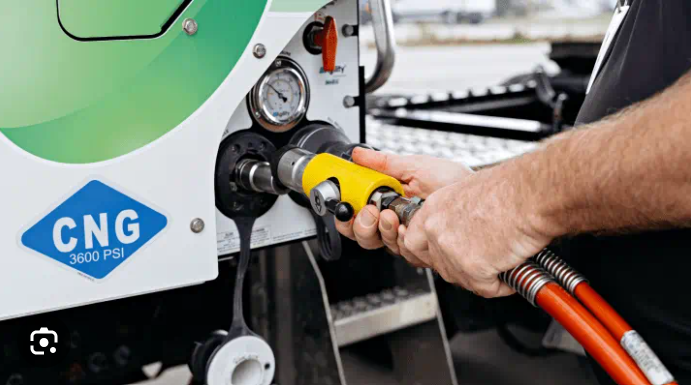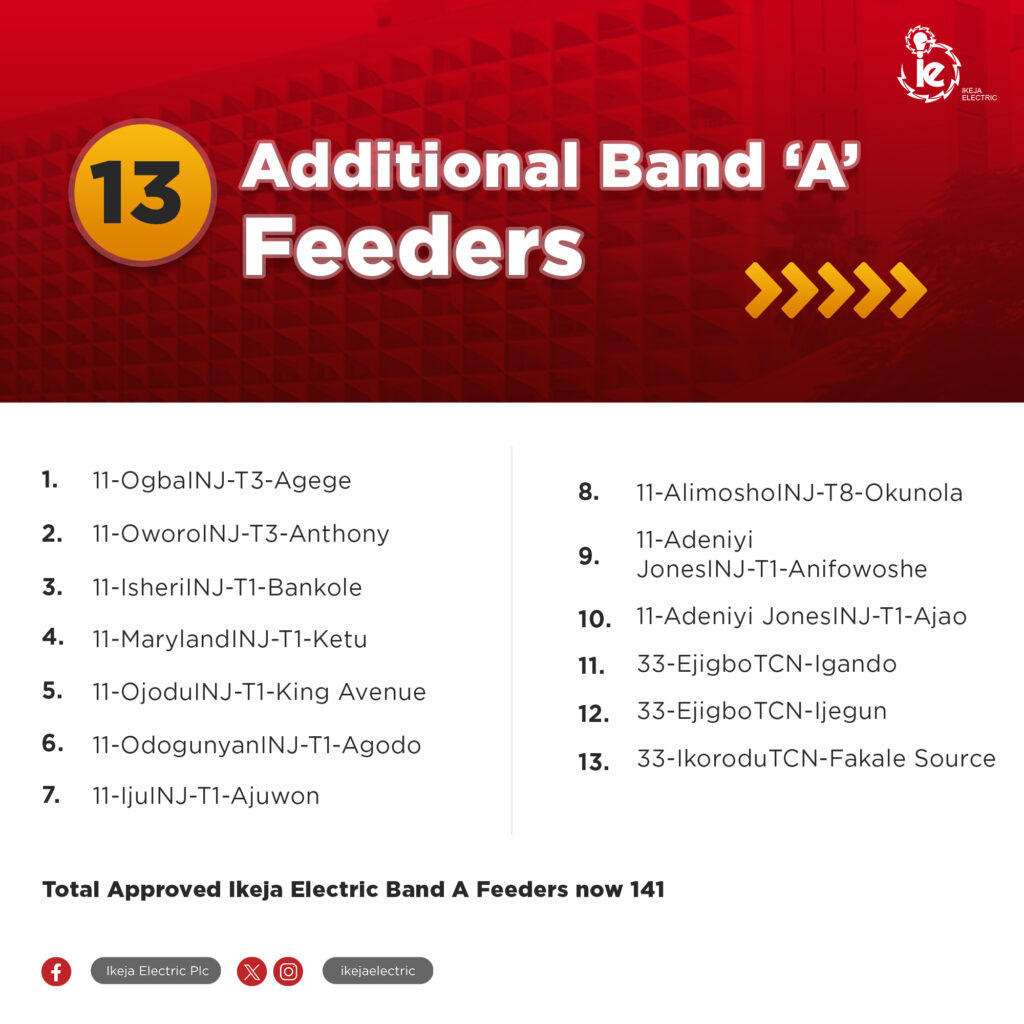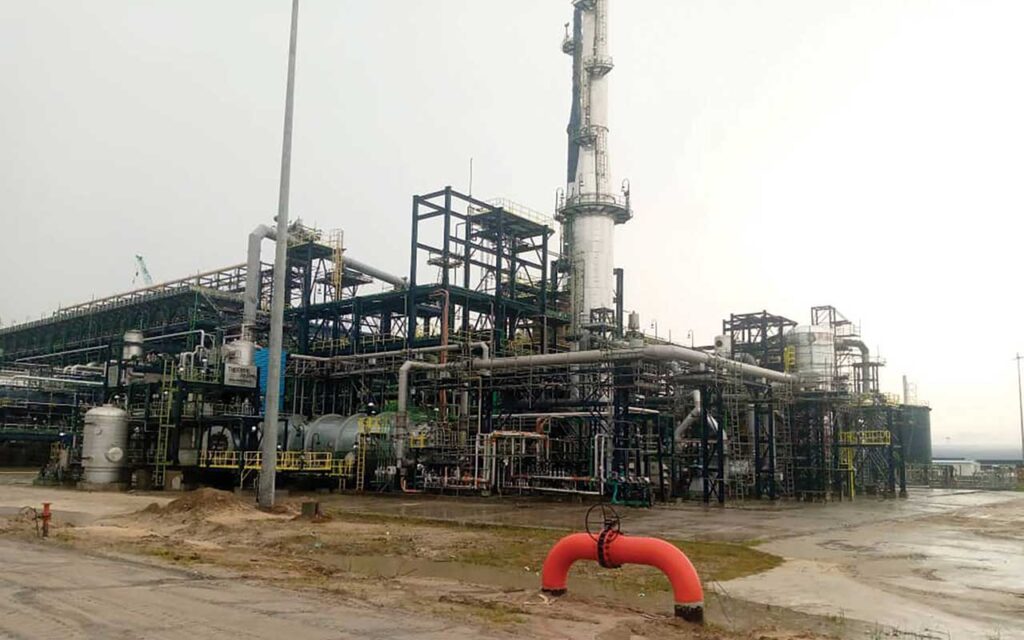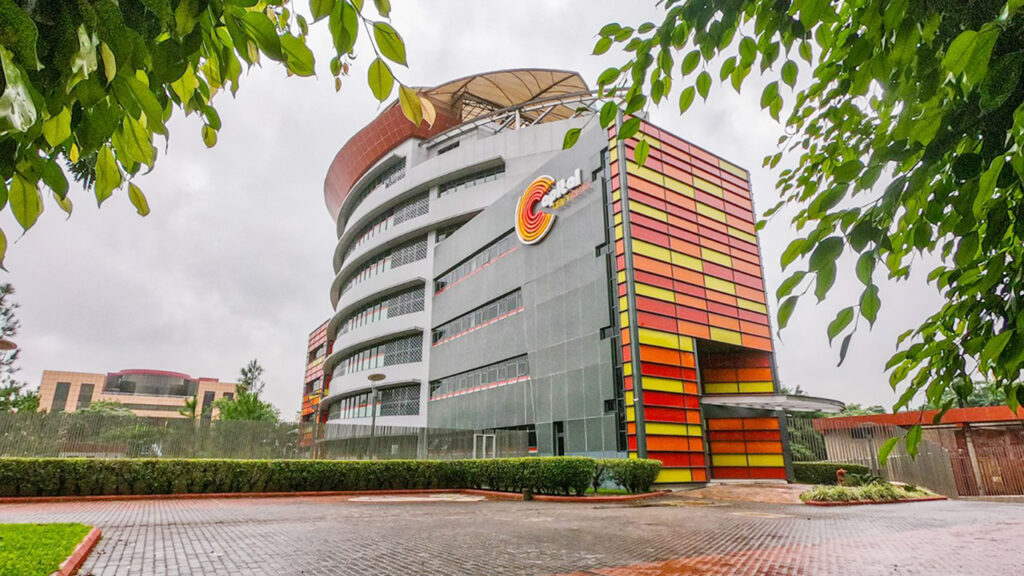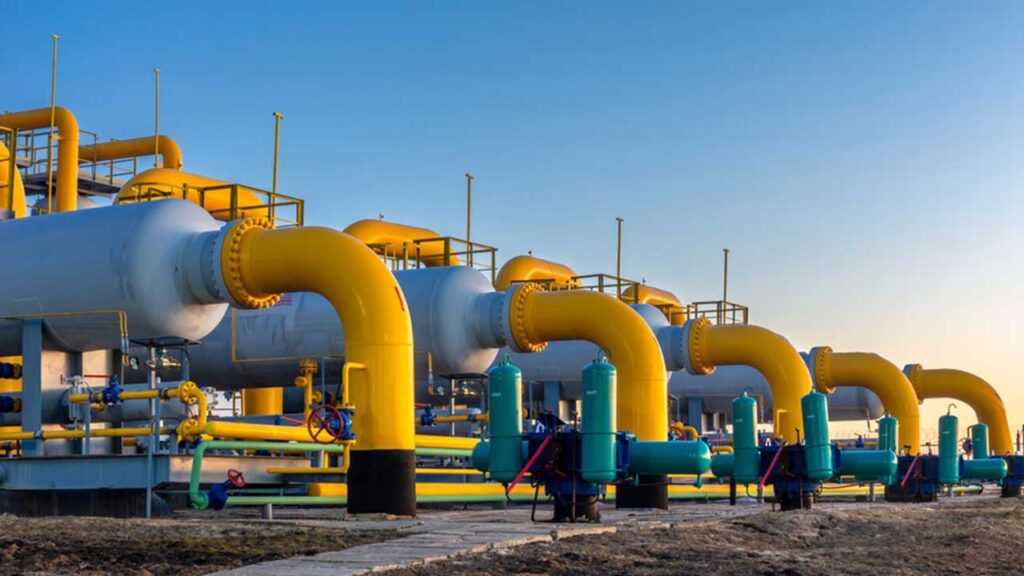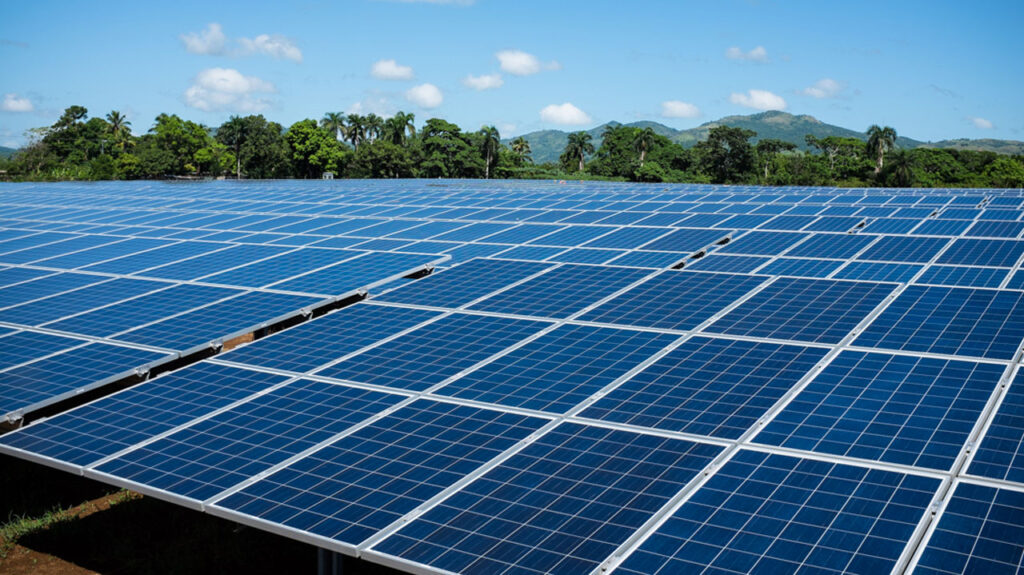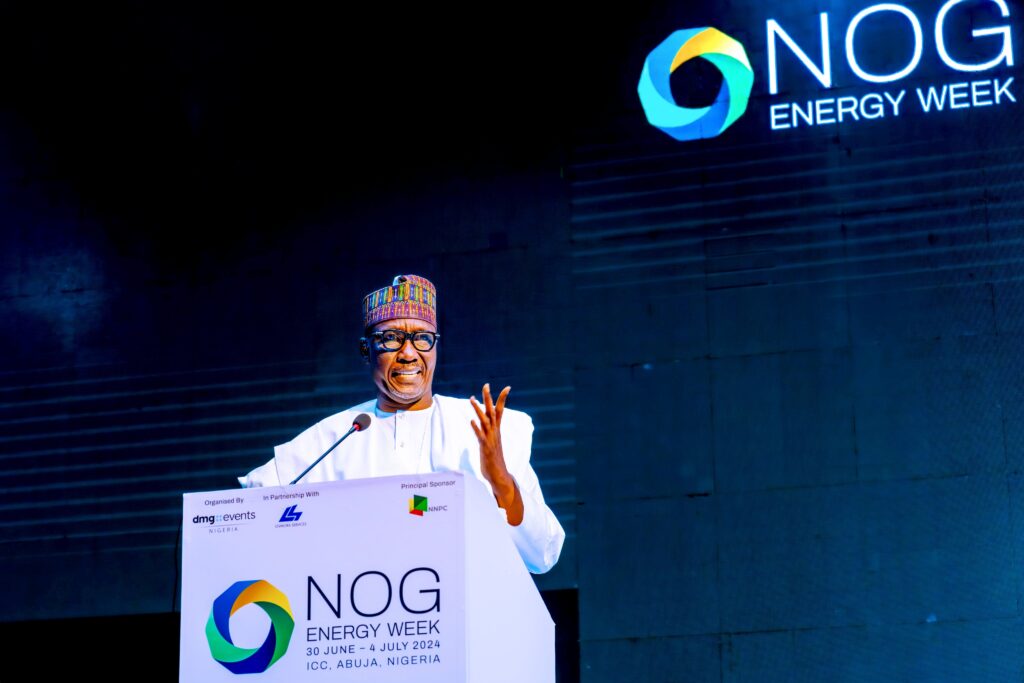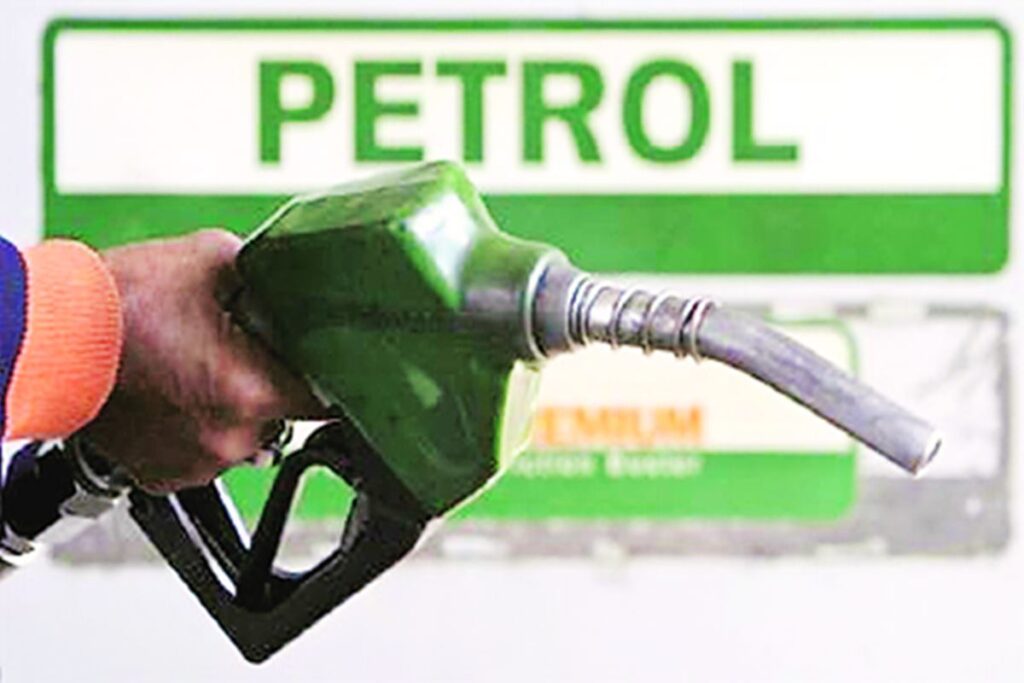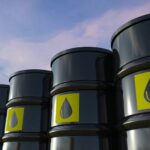
The Nigerian government may introduce at least 20 regulations in an attempt to change the sorry state of the country’s petroleum downstream and midstream industry.
Being the only major oil producing country without a robust downstream segment, especially functional refineries, the Nigerian Midstream and Downstream Petroleum Regulatory Authority (NMDPRA) said 20 regulations are in the pipeline to create wealth and grow the industry.
Already, six of the regulations have been adopted while 14 others are being fine-tuned. Few months ago, NMDPRA had presented 12 regulations and received input from over 1,156 experts, mainly Oil Producers Trade Section (OPTS), Independent Petroleum Producers Group (IPPG), petroleum products marketers, World Bank, Nigeria LNG Limited (NLNG) and others.
Some of the regulations are Petroleum (Transportation and Shipment) Regulations, Assignment and Transfer of Licence and Permit Regulations, Midstream and Downstream Petroleum (Operations) Regulations, Petroleum Pipeline Regulations, Gas Pricing Domestic Demand and Delivery Regulations, Natural Gas Pipeline Tariff Regulations, Midstream and Downstream Decommissioning and Abandonment Regulations, Environmental Regulations for Midstream and Downstream Operations, Midstream and Downstream Gas Infrastructure Fund Regulations and Environmental Remediation Funds Regulations.
Speaking at the unveiling of the six regulations in Abuja, the Chairman of NMDPRA Board, Idare Ogan had noted that clarity for both the operators and regulators in the industry remained sacrosanct in the sector. He sees the regulations as a key step towards providing clarity for the oil sector in the country.
The new regulations are Midstream and Downstream Petroleum Operations Regulations; Natural Gas Pipeline Tariffs Regulations; Gas Pricing and Domestic Demand Regulations; Assignment or Transfer of Licence and Permit Regulations; Petroleum (Transportation and Shipment) Regulations; and Petroleum Measurement Regulations.
The regulations would, according to him, improve the industry and help in alleviating poverty. Authority Chief Executive, Farouk Ahmed sees the new regulations as, tool to provide businesses through regulatory clarity, certainty, fairness, transparency, and best industry practice.
“In addition to the regulations being launched, 14 other regulations have been developed and shall be issued shortly,” he said. Speaking on the regulations, NMDPRA Secretary/Legal Adviser, Dr. Joseph Tolorunse said the Petroleum Measurement Regulations would standardise measurement systems across the industry and help the country curb oil theft and losses.
“Meters must now be installed in all the measurement points across the sector, which we have not had before. Now, there’s no way an operator can actually operate without installing an appropriate measurement system.
“And also, if you install an appropriate measurement system, definitely it will stem the spate of crude losses through theft in the value chain, that is very important. It also specified that the method of measurement has to be approved. You don’t just come and say this is the method you want to use. Before, the operators would want a system that suits them but now it is no longer allowed,” he explained.
Accordingly, the NMDPRA in consultation with relevant stakeholders, has developed the regulations which have been designed to enable businesses through regulatory clarity, certainty, fairness, transparency, and best industry standards.
“The Authority remains committed to collaborating and engaging with our industry stakeholders whilst promoting transparency and accountability, in the implementation of these regulations,’’ he said.
In an overview, Dr. Joseph Folorunsho, NMDPRA Legal Adviser/Secretary, said the Midstream and Downstream Petroleum Operations Regulations applied to gas and petroleum liquid operations and oil and gas service permits.
Folorunsho said it bordered on conformity assessment and technological adaptation and also provided for the grant of licenses and sanctions on violators. He said the Assignment or Transfer of License and Permit Regulations applied for approval or consent of authority on all midstream processing facilities, including terminals, pipelines and blending infrastructure.
“The objective of the Petroleum Measurement Regulations is to ensure accurate measurement on allocation of gas and crude oil and ensure installation of appropriate measurement by company and metering of oil and gas operations.
“Gas Pricing and Domestic Demand Regulations regulates retail gas pricing, prices of marketing natural gas of the strategic sectors, and identifies the unregulated market and makes provisions.
“Petroleum (Transportation and Shipment) Regulations regulate activities relating to transportation loading, shipment and export of crude oil. It prohibits illegal and unauthorised crude oil activities, among others,” Folorunsho said.
He said the Petroleum (Transportation and Shipment) Regulations were expected to stem crude oil theft and illegal activities, while Natural Gas Pipeline Tariff Regulations provided a framework for tariff methodology and transportation of natural gas.



